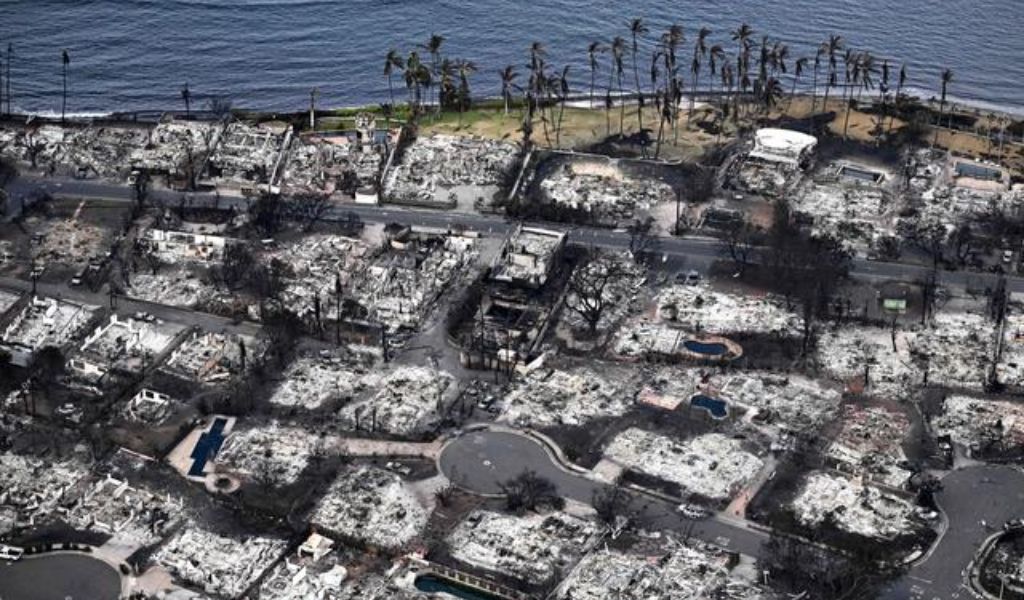It is critical to assist our Maui ohana in their recovery from the terrible flames of last year. But cutting state spending is the only way to achieve so without raising taxes or incurring enormous debt.
To some extent, we may rely on federal assistance, but the local portion of the costs is getting out of hand.
The government of Governor Josh Green had estimated that the expenditures of Lahaina recovery would come to almost $600 million over the following four years. However, it now seems that the sum will only cover this year.
In unrelated news to Lahaina’s wildfire recovery, the state must also reimburse hundreds of millions of dollars to state employees who were not compensated for hazard pay during the COVID-19 pandemic.
Remarkably, state legislators had a sizable budget surplus to work with just a year ago. However, they subsequently embarked on a foolish spending binge.
The overall spending exceeded the $1 billion state spending cap stipulated by the constitution, even after Governor Green deducted $1 billion.
The budget for this year was already expected to surpass that ceiling once more due to increased expenses and underwhelming revenue forecasts. However, the situation is getting worse now that the expenditures of the Lahaina recovery are taking front stage.
To those who argue that increasing debt is a good idea, I will respond by pointing out that the state cannot afford to take on further debt and that debt only makes payments larger in exchange for postponing suffering. Debt does not, in fact, balance the budget.
Regarding potential tax increases, Hawaii now has the highest average house price, highest cost of living, and the second-highest tax burden in the country. Our constantly shrinking population and stagnant economy demonstrate that we truly can’t afford to take on any additional taxes at this time.
Cuts to the budget are then our only choice. It appears that lawmakers are aware of this, since several senators have proposed creating backup plans for universal 10%–15% budget cutbacks.
They ought to have given this some thought a long time ago—before the catastrophe in Lahaina, in fact. Government expenditure should not exceed economic growth, according to the golden rule of budgeting. However, between 2013 and 2022, Hawaii’s state budget increased by 87% while the private sector grew by only 24%.
Sadly, there is nothing we can do about that right now. However, we can begin to practice prudent budgeting, particularly if we wish to ensure that we can support our own in difficult times.
First and foremost, we must stop thinking about raising taxes or taking on more debt. We have to be as frugal as possible with the money we already have and see that through to the end.
Tax cuts may seem illogical, but they may also benefit us. Numerous studies demonstrate that tax reductions lead to economic expansion, and increased economic activity generates tax money that can be utilized during emergencies.
The main point is that victims of Lahaina would not be left on their own by budget cuts.
In order to make sure that we can keep giving the relief that is required and to better prepare for calamities in the future, we actually need to reduce the budget.

